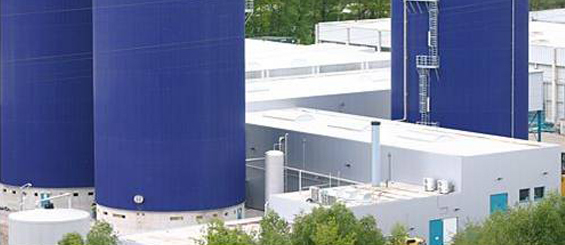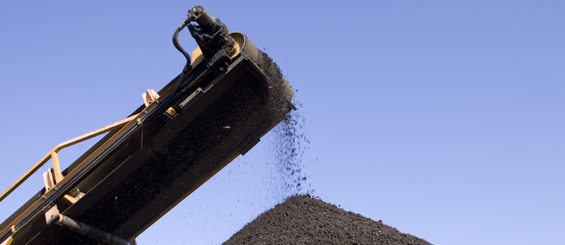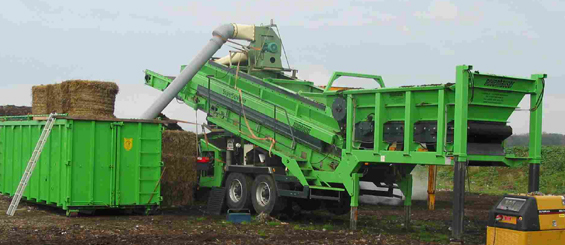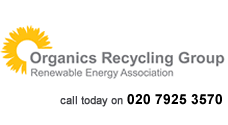Adverts
British developed clean energy technology to go on tour in search of waste
Baby wipes from Birmingham? Manure from Eindhoven? Leftovers from the Alps?
- Pyrofab technology developed at Aston University produces carbon neutral fuel from waste that would otherwise have gone to landfill.
- Demonstration prototype set to travel to France, Germany, the Netherlands and Sweden this summer to identify sustainable sources of bioenergy.
- Expected growth in the bioenergy sector means the PyrofabâÂÂs compact size and mobility has huge potential for rural businesses, to help meet EU environmental targets and protect energy security.
Pre-testing of waste materials using prototype Pyrofab technology was underway today ahead of a summer tour to evaluate sustainable sources of bioenergy from waste across north-west Europe. The Pyrofab is based on PyroformerTM technology, developed in the UK by the European Bioenergy Research Institute at Aston University. Using this intermediate pyrolysis process, the tests are determining the potential of different waste materials and residues to be processed into low carbon fuel.
The Pyrofab converts carbon from organic waste materials to produce carbon neutral fuel and biochar, a commodity that can be used to improve soil. It has the ability to process a wide range of biomass, residues and wastes. This means that hard to treat sources of waste now have the potential to be used as a feedstock to produce low carbon energy. Feedstocks being tested include food waste, domestic waste, agricultural waste such as pig manure, industrial waste and even baby wipes.
The Pyrofab is compact, transportable and can work with existing generation technology. This means waste can be locally sourced, reducing the environmental impact of transportation and reliance on overseas imports of biomass such as wood. It encourages energy diversity, helping to protect EuropeâÂÂs energy supply. WhatâÂÂs more, bioenergy generation isnâÂÂt intermittent like other renewables.
When fully developed the Pyrofab will offer businesses and local authorities access to the emerging bioenergy market, stimulating rural economies and reducing waste management costs. The bioenergy market in the UK alone is expected to be worth £12 billion in the next decade, and demand for bioenergy is expected to increase by 49 per cent between 2012 and 2040. According to the European Commission bioenergy could account for up to two thirds of its target to generate 27 per cent of energy from renewable sources by 2030.
For more information please see HERE.
Published: 27/07/15
visitor comments
Members' Area
Become a Member!
Join the Organics Recycling Group at the Renewable Energy Association by clicking below.





.jpg)


